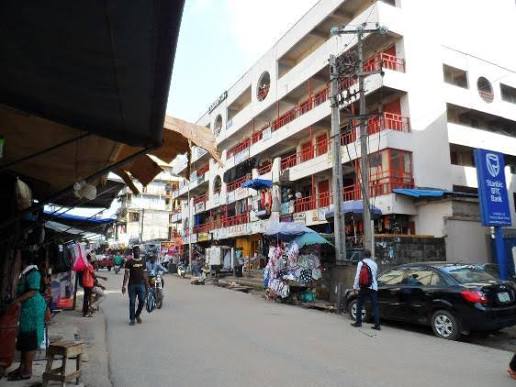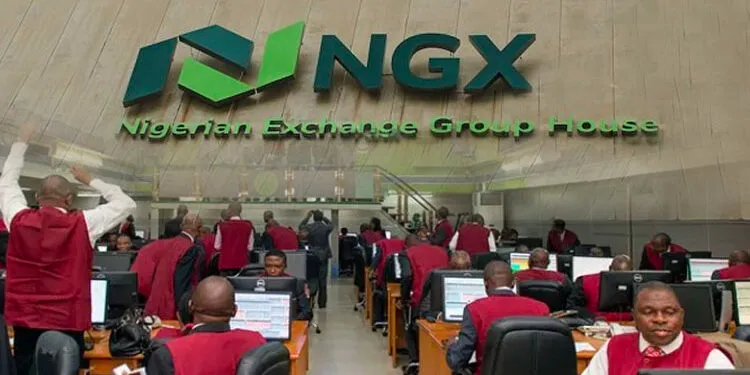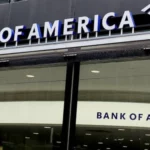The Central Bank of Nigeria has directed the banks in the country to start charging a 0.5 per cent cybersecurity levy on electronic transfers.
This was disclosed by the CBN via a circular signed by the director of payments system management, Chibuzor Efobi, and the director of financial policy and regulation, Haruna Mustafa.
According to the circular, the implementation of the levy is to commence in two weeks.
The circular was directed to all commercial, merchant, non-interest, and payment service banks, among others.
The apex bank said the directive is a follow-up on an earlier letter dated June 25, 2018 (Ref: BPS/DIR/GEN/CIR/05/008) and October 5, 2018 (Ref: BSD/DIR/GEN/LAB/11/023), respectively, on compliance with the Cybercrimes (Prohibition, Prevention, Etc.) Act 2015.
The CBN has reported that this deduction and collection of the levy on cybercrime is a follow-up to the passage of the 2024 cybercrime prohibition, prevention, etc. amendment bill.
It said “Following the enactment of the Cybercrime (Prohibition, Prevention, etc) (amendment) Act 2024 and under the provision of Section 44 (2)(a) of the Act, “a levy of 0.5% (0.005) equivalent to a half percent of all electronic transactions value by the business specified in the second schedule of the Act, is to be remitted to the National Cybersecurity Fund (NCF), which shall be administered by the Office of the National Security Adviser (ONSA).
“Deductions shall commence within two (2) weeks from the date of this circular for all financial institutions and the monthly remittance of the levies collected in bulk to the NCF account domiciled at the CBN by the 5th business day of every subsequent month.
“Finally, all institutions under the regulatory purview of the CBN are hereby directed to note and comply with the provisions of the Act and this circular.”
However, loan disbursements and repayments, salary payments, intra-account transfers within the same bank or between different banks for the same customer, and intra-bank transfers between customers of the same bank will remain unaffected by the new charge.










